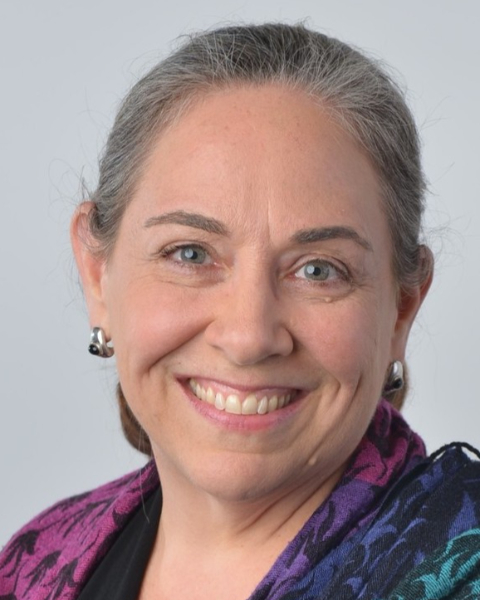Workforce Development / Training / Supervision
Pilot consultation model for behavioral activation delivered by gerontological social workers
(PS13-A22) Pilot Consultation Model for Behavioral Activation Delivered by Gerontological Social Workers
- AB
Amy E. Band, B.A.
Graduate Student
University of Missouri
St Louis, Missouri - AL
Abigail J. Laine, M.A.
Graduate Student
University of Missouri, St. Louis
St. Peters, Missouri 
Ann M. Steffen, ABPP, Ph.D.
Professor
University of Missouri
St. Louis, Missouri
Author(s)
Co-Author(s)
Values-based Behavioral activation (BA) is an effective method of treating depression by cultivating joy and meaning in one’s day-to-day activities. Depression in community-dwelling older adults is commonly missed by mental and physical health providers for several reasons including implicit ageism. When depression is detected, older adults are interested in and benefit equally as younger individuals from the application of CBT strategies such as BA. A lack of appropriate training in this therapeutic method, however, can negatively impact both selection of BA as a key change strategy and client outcomes. The current study utilized mixed methods to assess a pilot professional training and consultation program to improve the utilization of BA strategies by a team of 5 licensed gerontological social workers. The MSW social workers in this study provide a broad array of mental health and social services in one of the largest retirement communities in Southern California (i.e., 18,000 older adults residing in independent living). Prospective older residents were first screened to determine eligibility for the 8 individual sessions of BA. Qualifying clients had Patient Health Questionnaire-9 (PHQ-9) scores ranging from 10 to 19 and minimal risk for suicide using the Columbia Suicide Severity Rating Scale. All 5 social workers completed a 10-hour webinar training on BA with older adults and passed a post-training knowledge test (passing score = 80% correct). The consultations involved a series of 12 live remote sessions (90 minutes each) delivered by a psychologist dual board-certified in behavioral and cognitive psychology (ABBCP) and clinical geropsychology (ABGERO); consultation sessions were held every other week for 6 months. The current presentation includes pre, mid, and post-treatment PHQ-9 scores for N=15 older adult clients who participated in the 8-session pilot BA intervention using materials from Treating Later-Life Depression workbook from the Oxford University Press Treatments That Work Series (Steffen et al., 2021). Qualitative analyses summarize key themes from the structured feedback session with each of the 5 providers. Along with focusing on clinicians’ satisfaction and self-reported change in BA-related skills, the feedback sessions piloted the Rating Scale for CBT with Older Adults (ROOTS) as a measure of CBT skills with older adults. Together, the elements of this pilot consultation project advance our understanding of strategies for disseminating empirically supported CBT strategies, such as BA, to masters-level clinicians working with the underserved population of depressed older adults.

